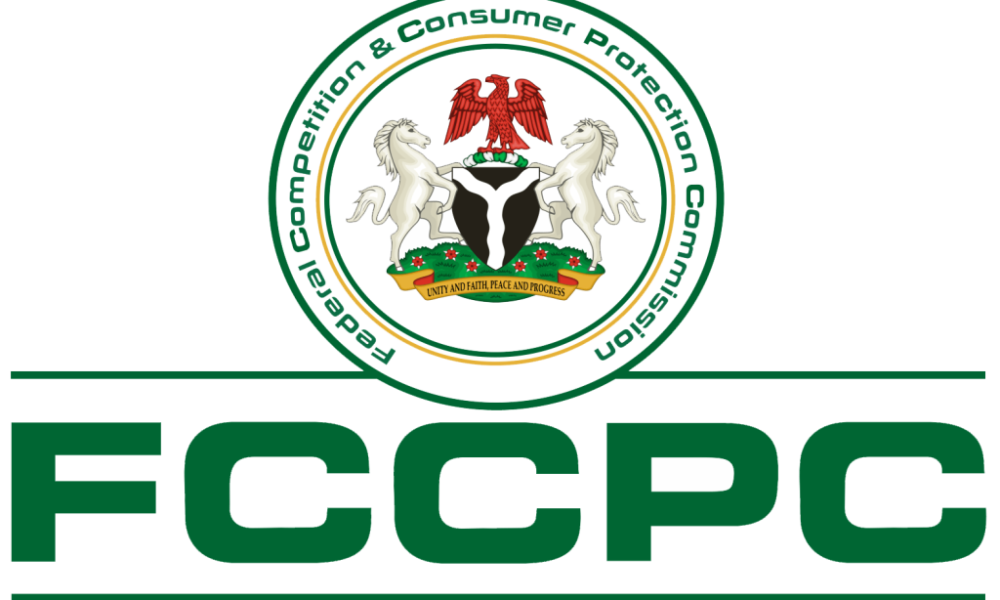As the harsh economic atmosphere continues unabated, high profile retail supermarkets have experienced sales reduction by 50 percent.
Speaking during a strategic engagement between the Federal Competition and Consumer Protection Commission [FCCPC] and the members of the National Association of Supermarket Operators of Nigeria [NASON], Retailers Council of Nigeria [RCN], and other stakeholders, Mr. Haresh Keswani, the Group Managing Director SPAR Nigeria said that the last two years has been frightening for the super market industry.
“You know that the last two years have been frightening for us. We are not happy with the volume of sales. For your information, the volume of sales, not the value,” he noted.
“Volume of goods has gone down by 50 percent. If we are selling 10,000 bottles of Coca-cola in a particular year, today it is not even up to 5,000 and I believe it is the same for everybody,” adding that the value not coming up does not mean it is a faulty economic indicator.
“The GDP is known for how much volume you produce.”
Regrettably, he said “I saw a chart that Nigeria was the biggest economy in a particular year, when it was number one in Africa. Now we are number four, or number six just because of the falling naira.”
Speaking further, Mr. Keswani, explained that issues of energy, forex volatility, multiple taxation, influx of substandard goods, cargo clearing challenges and others have made doing business in Nigeria very expensive at the moment.
According to him, “the reason why we are struggling is because being compliant in Nigeria is expensive. To pay salaries on time, make sure you pay your taxes, pay your power and energy bills and follow the rules is an expensive proposition.
“We all here are law abiding companies and we continue to be focused on the consumer as the FCCPC is equally focused on,” he said.
Speaking for the association, the Trustees of NASON and RCN, Haresh Keswani regretted that the second generation retail supermarket operators are struggling to stay afloat and may end up joining the first generation retail shops like Kingsway supermarket, Leventis Foods stores, Domino supermarket and others that have shut their investment in Nigeria.
Warning, he noted that this might force retail supermarkets to reconsider their stakes and contributions to the country’s gross domestic product, unless things improve in the economy.
“Nigeria is no longer the toast of investment because of its displacement as the largest economy in Africa,” he said.
Speaking earlier the Acting Executive Vice Chairman of FCCPC, Mr. Abdullahi said that the Federal Government has concluded plans to sign a memorandum of Understanding with supermarket operators while decrying their abuse of consumer rights.
Dr. Adamu Abdullahi said that both the FCCPC and the association have agreed to form a technical committee that would facilitate the signing of the MoU in order for them to understand themselves better.
“We have agreed to form a small technical committee that would now look at having an MoU and with that we would have an understanding and we are going to work together henceforth for the betterment of consumer welfare.
“We are going to have a lot of capacity building among us. We understand each other, we understand their businesses and they understand us from the side of regulators. That way we would have a lot of mileage and in the same manner we achieve positive results,” Abdullahi disclosed.
The FCCPC boss reiterated that having discussions and understanding with the operators would make things easier for the consumers.
“We have been going round the country trying to make sure that we achieve our mandate and one of the things we have always had as part of our mandate is collaboration with Organisations directly or indirectly involved in consumer welfare and customer business relationships.
“All we are after is to ensure that the consumers have a fair share in the market space,” he said.
He said that the Commission was worried about customer abuses which relates to price gouging, shelf price and Till price not corresponding and lack of display of prices on the shelf.









